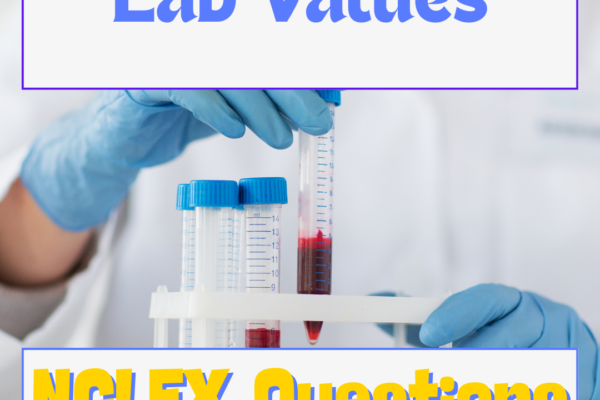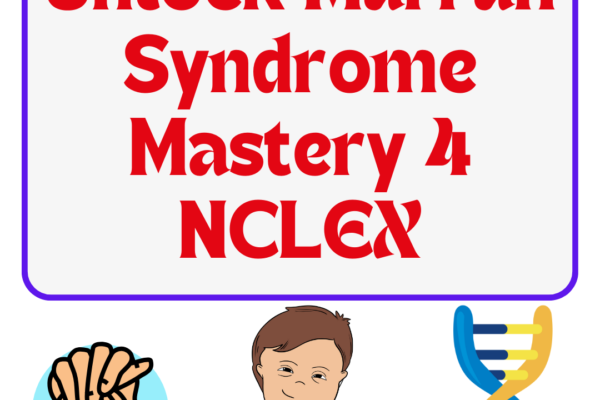
Best NCLEX Practice Questions # 20
Best NCLEX Practice Questions # 20 Best NCLEX Practice Questions # 20 Best NCLEX Practice Questions # 20 NCLEX Exam Prep Questions Best NCLEX Practice Questions Check NCLEX Practice Questions with Answers on www.completenursingsolution.in Best NCLEX Practice Questions Daily NXLEX RN practice questions free of cost Best NCLEX Practice Questions # 20…

